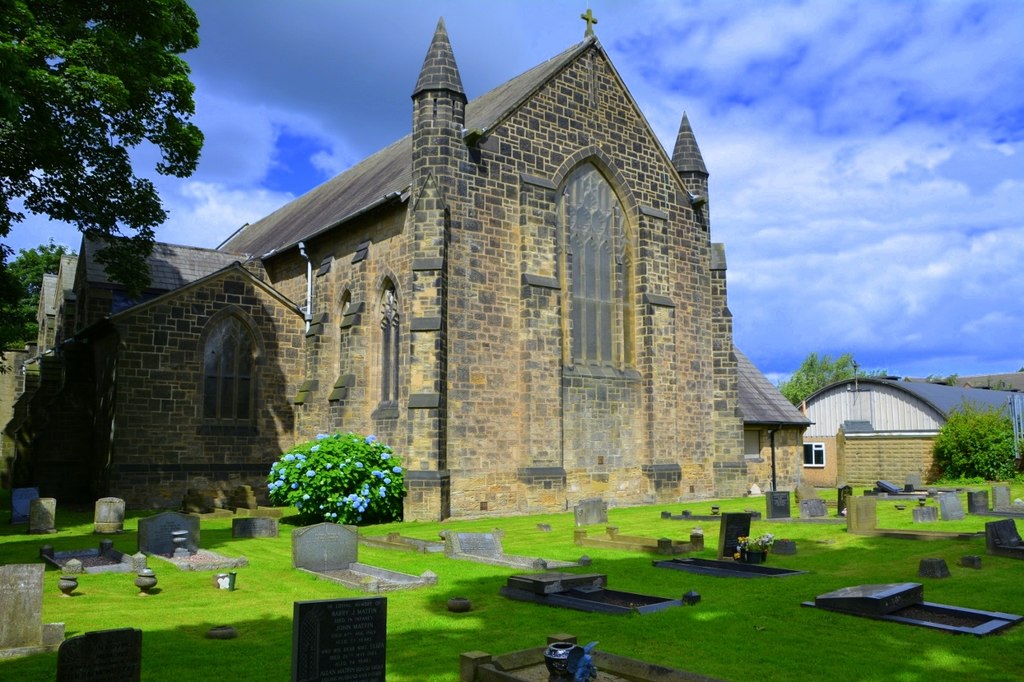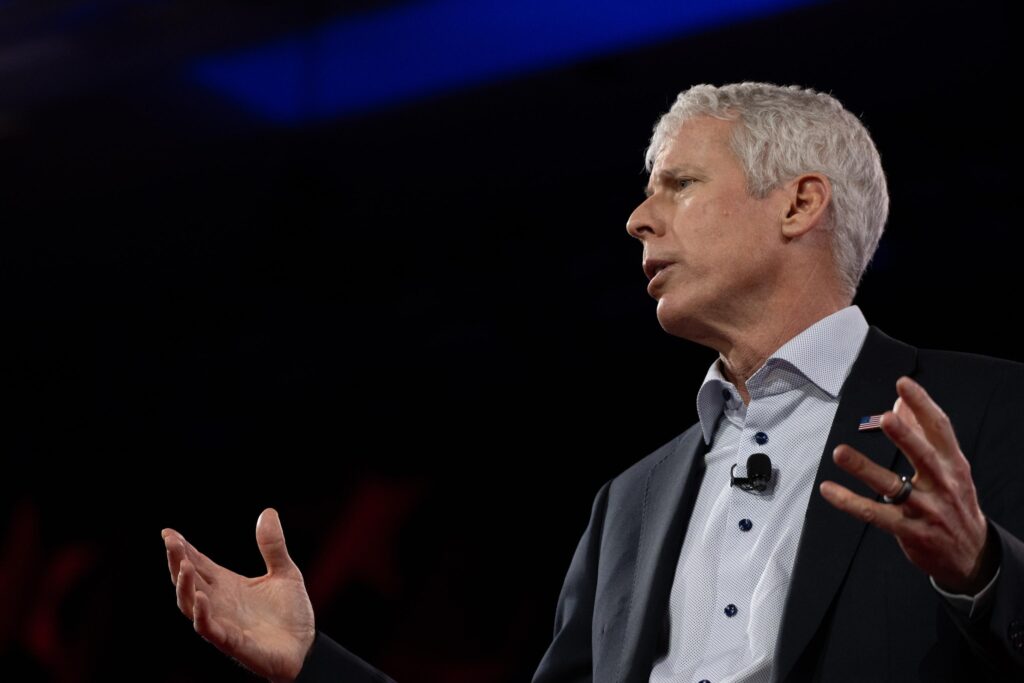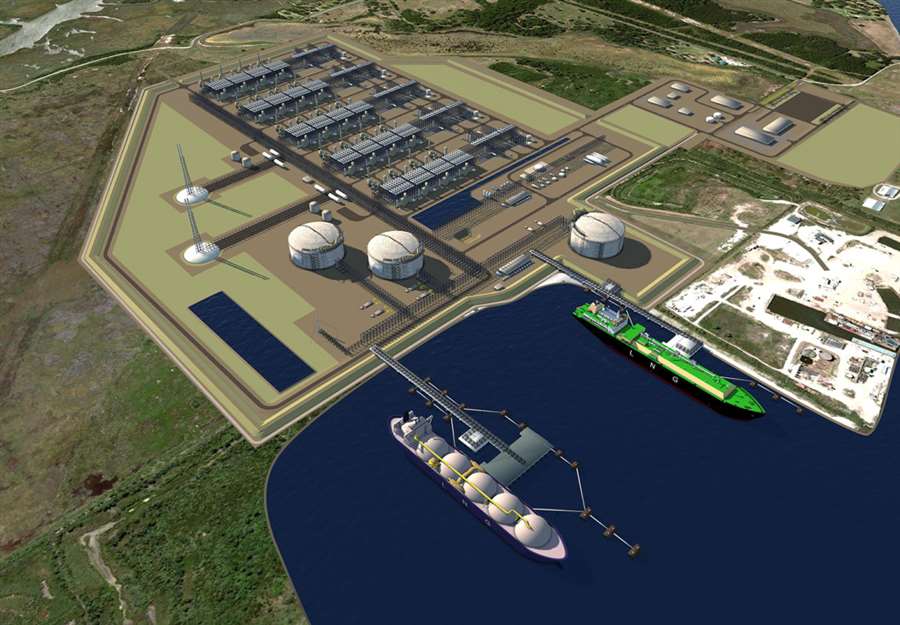Here are the full statements from dioceses in response to our analysis of their fossil fuel investments. All dioceses included in the analysis were approached for comment.
Diocese of Portsmouth
“We take our ethical and environmental policies very seriously and have chosen to invest our reserves in funds managed by CCLA, whose ethical investment policy is publicly available and has been commended. However, because these are Common Investment Funds, we do not have a list of the individual companies in which the funds are invested.”
“Funds are managed by CCLA on a discretionary basis, and are inevitably moved around in order to achieve the best return, within an ethical framework. We understand that the national C of E is preparing a response to this question on behalf of all dioceses in the Church of England, which will address the issue of investment in fossil fuel companies.”
Diocese of Leicester
“This is an important issue which we are grappling with. We registered our intent to become an Eco Diocese this month and the process of becoming one includes developing an environment policy that will make provisions relating to ethical investments. In addition, we will also need to demonstrate our existing and historical commitment to manage diocesan investments ethically, in line with policies of the national Church of England, as guided by the Ethical Investment Advisory Group. We support the national Church of England’s statement that we must all transition to lower carbon business models, consistent with the goals of the Paris Agreement.”
Diocese of Oxford
“As we have reduced our investments in fossil fuels, we have increased investments in renewable energy. We will divest by 2023 from fossil fuel companies that are not aligned with the Paris Agreement. Clearly we have further to go and, in line with our Diocesan commitment to net zero by 2035, we are also looking at the overall carbon intensity of our investment portfolio.”
Diocese of St Edmundsbury and Ipswich
Gary Peverley, Director of Finance, said:
“We have been working closely with CCLA over time to understand the types of companies they invest in. This is a matter we as a diocese explore at the direction of our Finance and Investment Committee as well as our Environment Group.
“The CCLA have understood that our ethical commitments span across our organisation and this also meant proactively moving away from investments in fossil fuel companies and accelerating the transition to a low, and then net-zero, carbon economy.”
Diocese of Worcester
A spokesperson responded to DeSmog’s estimate that it did not have any fossil fuel investments, saying: “We’re very pleased to hear that CCLA are now moving away from investing in fossil fuels and are looking towards more environmentally sustainable investments.”
Church of England National Investing Bodies
“The basis of our climate change policy is that there is no easy escape from climate change as an investor. We must all transition to lower carbon business models, consistent with the goals of the Paris Agreement.”
“We continue to engage urgently with companies rated poorly by the Transition Pathway Initiative (TPI) and will begin in 2020 to start to divest from companies that are not taking seriously their responsibilities to assist with the transition to a low carbon economy.”
“We will divest by 2023 from fossil fuel companies, that under the Transition Pathway Initiative assessments suggest the company is not prepared to align with the goals of the Paris Agreement.”
“We continue to push for real change in the oil and gas sector and use engagement, our voting rights and rights to file shareholder resolutions, to drive the change we want to see.
In 2015, the Church of England divested from tar sands oil and thermal coal — two of the most polluting fossil fuels.”
Image credit: Mark Stevenson CC–BY–SA 2.0
Subscribe to our newsletter
Stay up to date with DeSmog news and alerts







